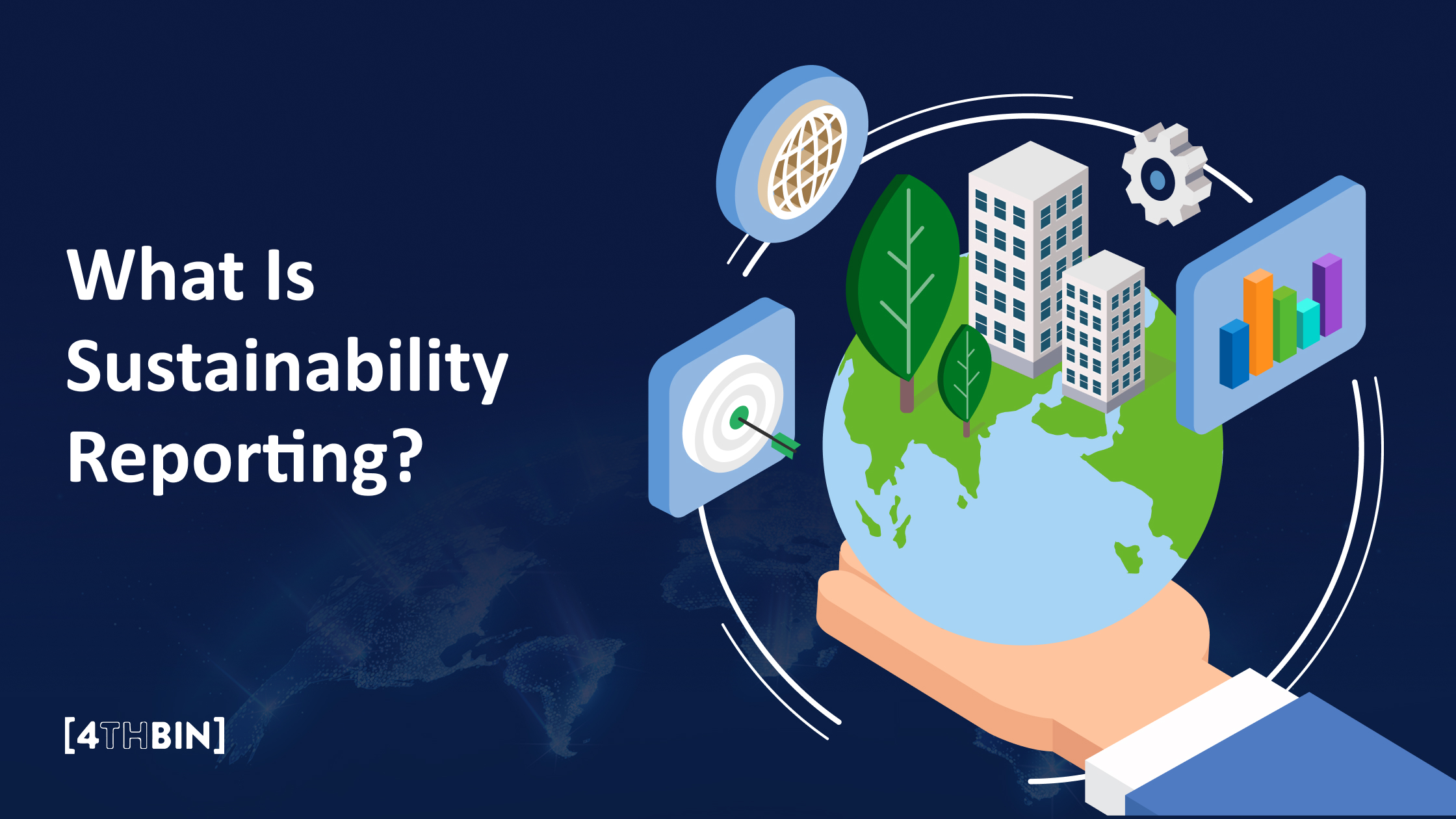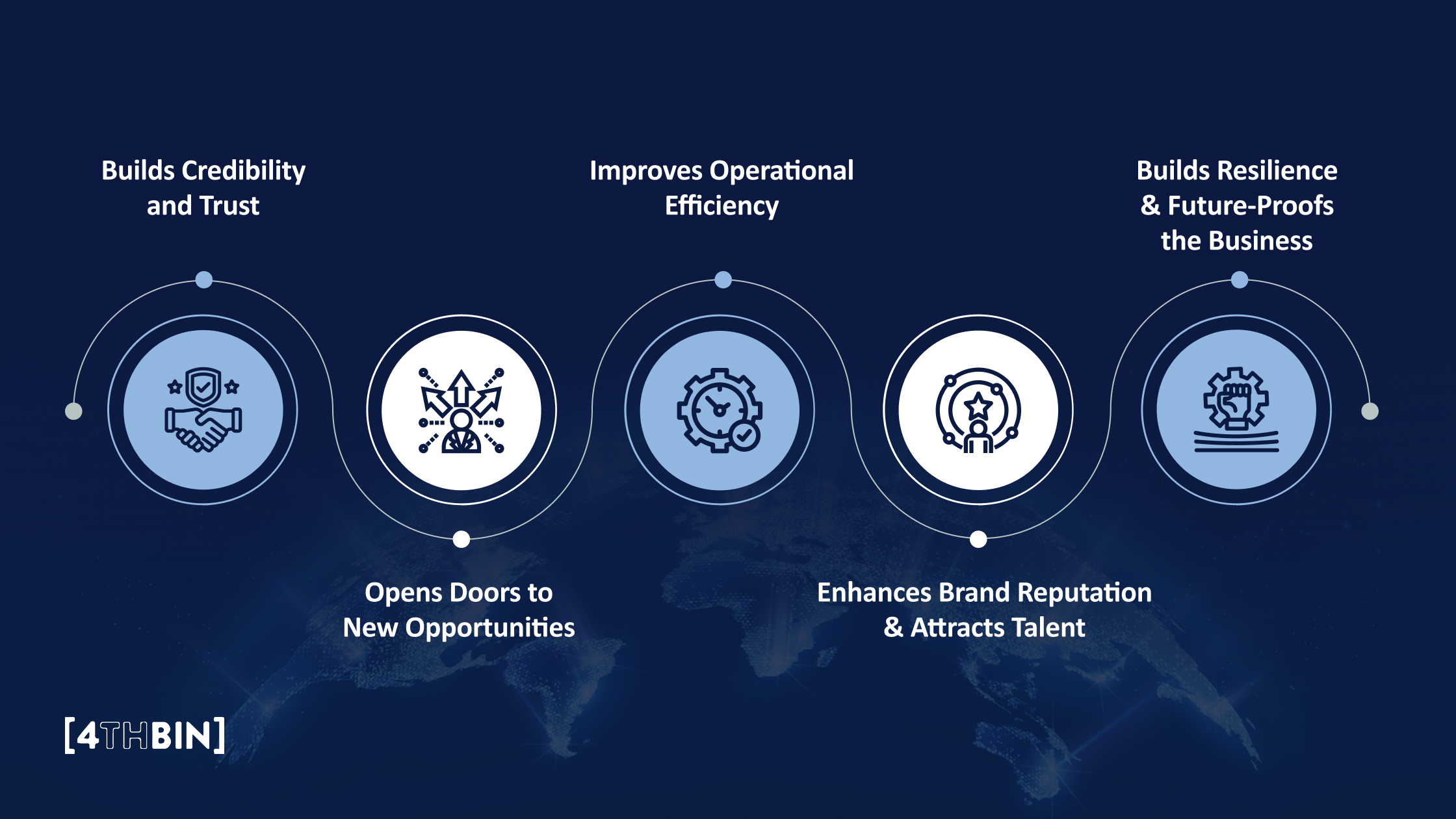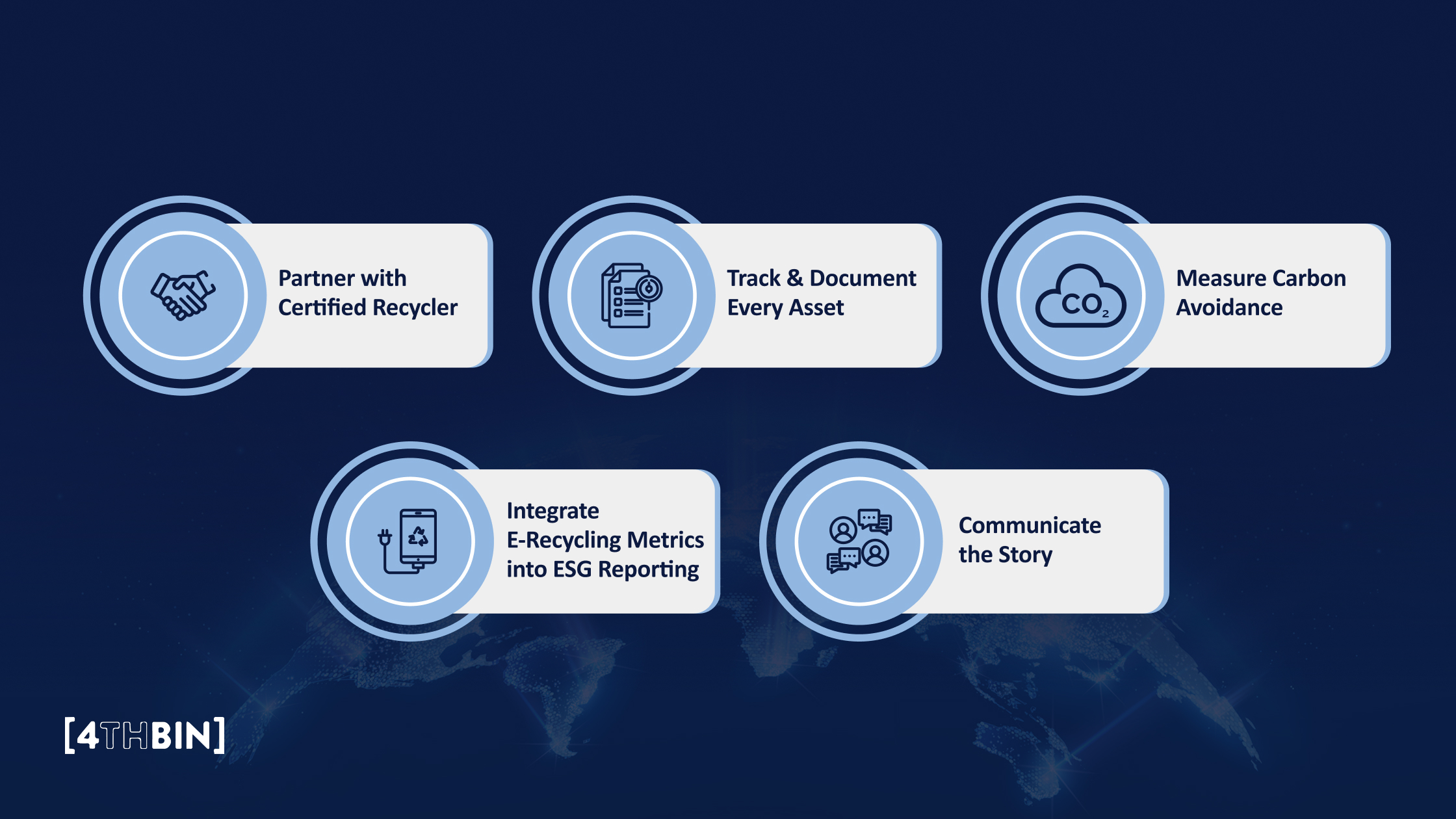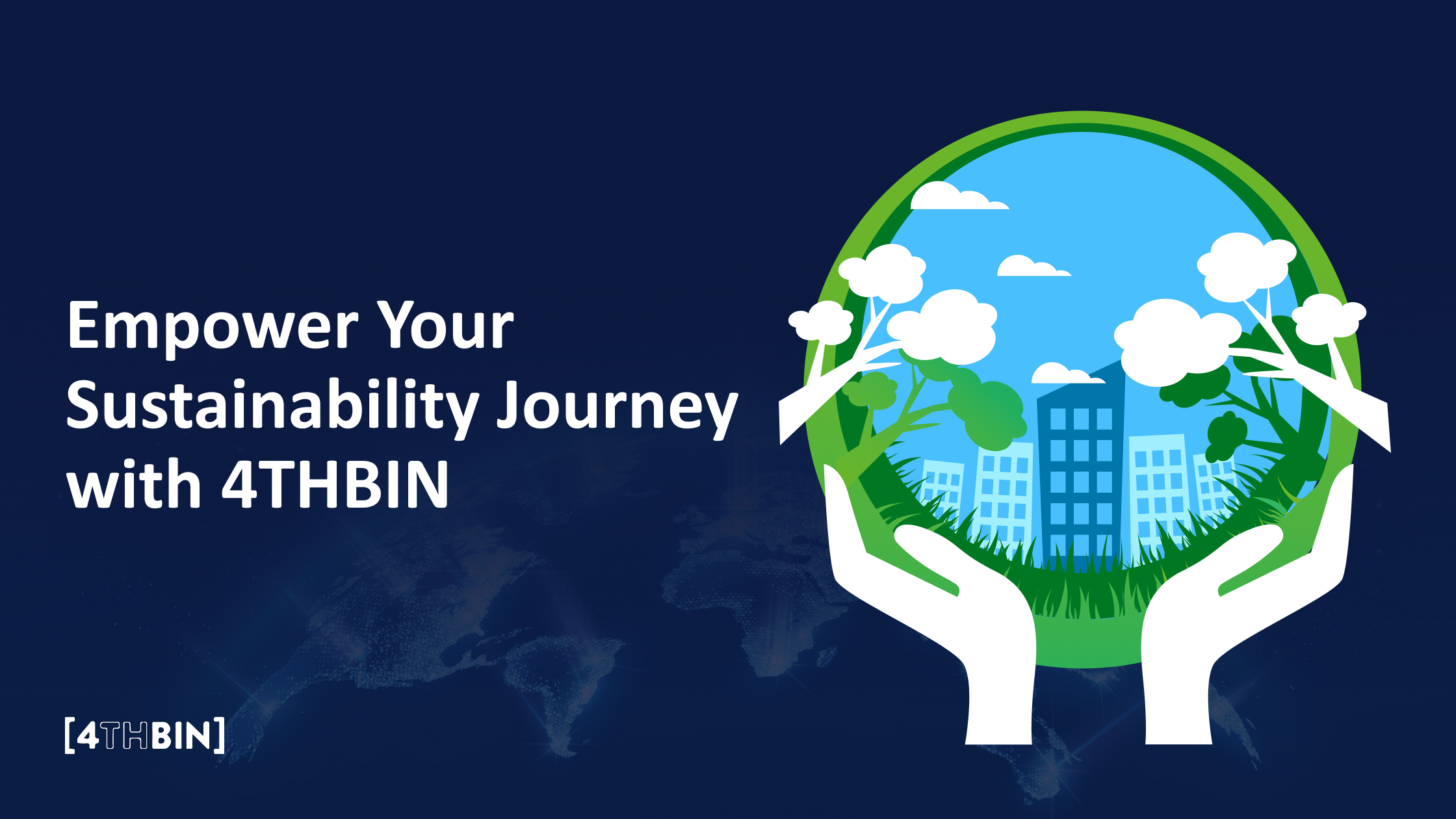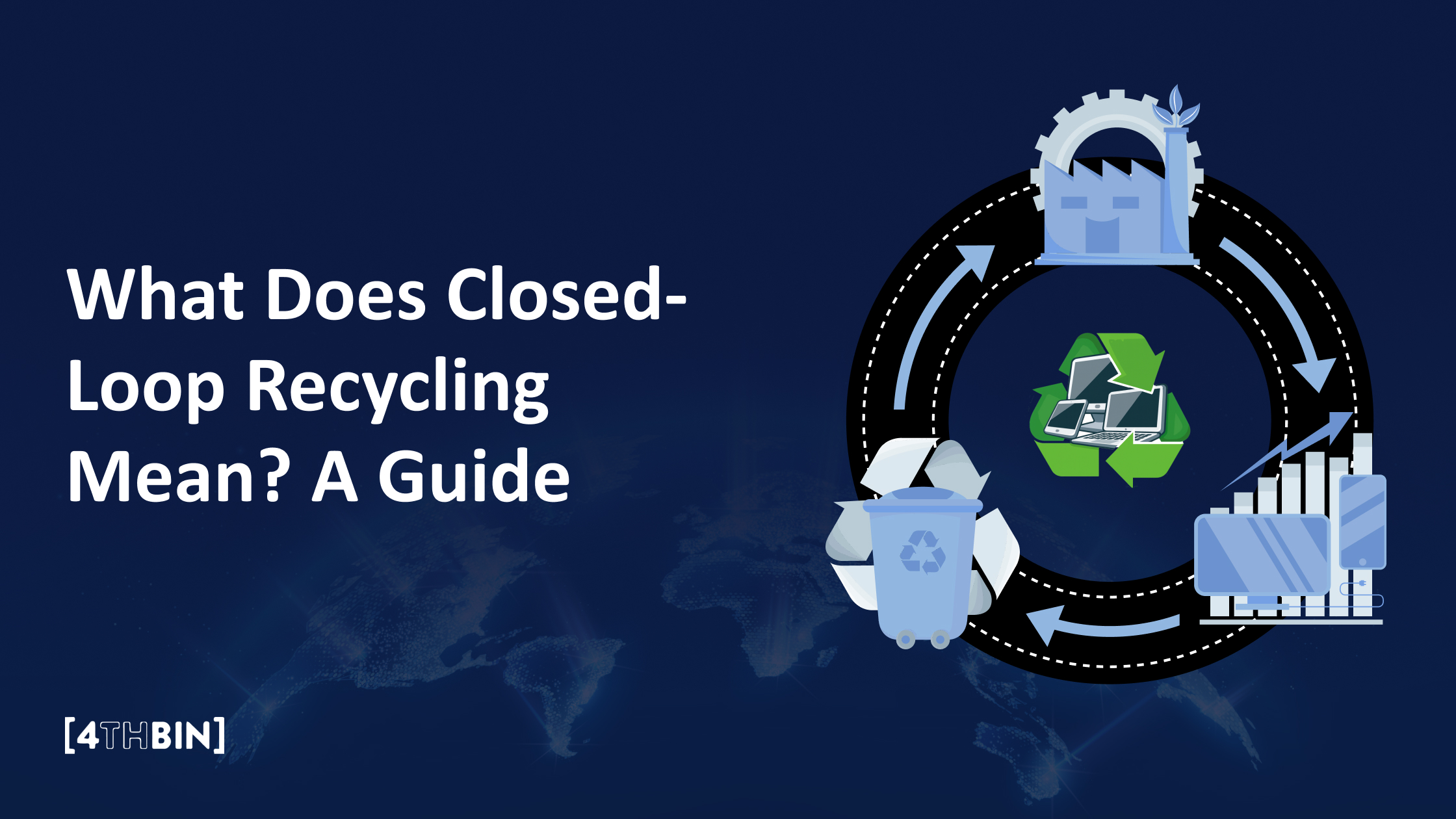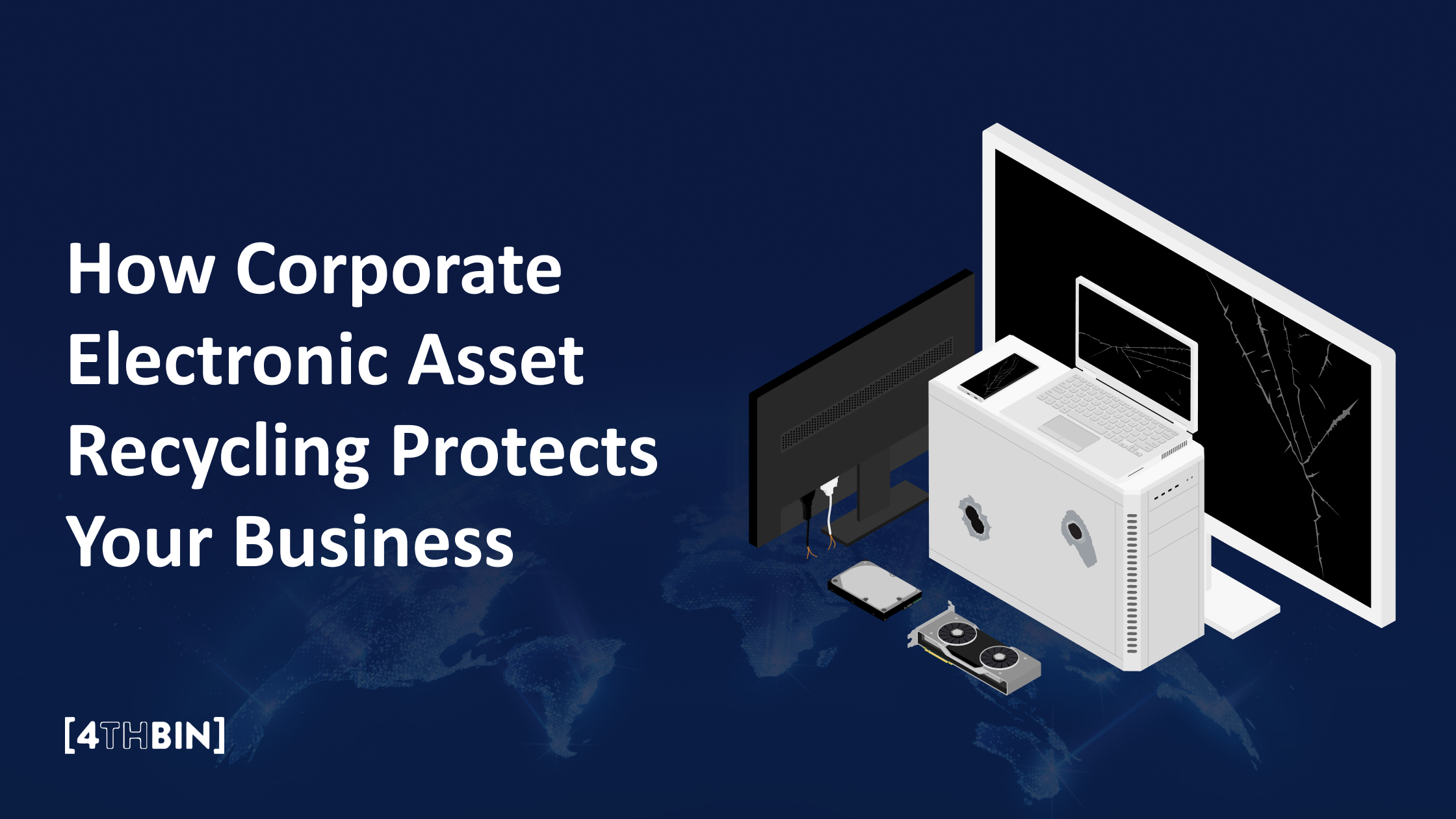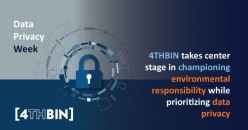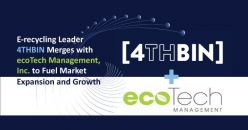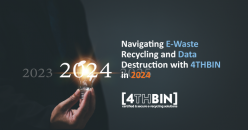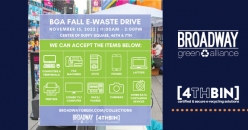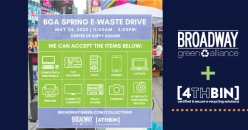What Is Sustainability Reporting?
Sustainable clothing. Sustainable energy. Sustainable living.
You’ve probably heard the word sustainability everywhere lately. But true sustainability isn’t about being trendy or “woke.” It’s about thinking ahead, protecting our planet, and ensuring that future generations have one to inherit. Because while we don’t have a Planet B, we can certainly create a Plan B. And that plan starts with how businesses operate today.
The term “sustainability” has evolved from a buzzword into a business imperative. In a world facing rising temperatures, resource scarcity, and shifting consumer values, companies are no longer judged solely by profits but by their broader impact on people and the planet.
According to KPMG’s Survey of Sustainability Reporting 2024, sustainability reporting has now become part of business as usual for nearly all of the world’s largest 250 companies, as well as a large majority of the top 100 in each country. The research highlights a sharp increase in companies setting carbon reduction targets and preparing for mandatory reporting standards, such as the EU’s Corporate Sustainability Reporting Directive (CSRD).
Sustainability reporting enables companies to measure, manage, and communicate their environmental and social impact, from conserving resources and reducing emissions to empowering communities and driving long-term resilience.
In this blog, we’ll explore what sustainability reporting really means, why it matters now more than ever, and how your business can embrace it as a cornerstone of growth and purpose.
Understanding Sustainability Reporting
At a fundamental level, sustainability reporting helps a company answer three vital questions:
- How do our operations affect the environment and society?
- What steps are we taking to reduce negative impact and increase positive outcomes?
- How are we ensuring transparency and accountability to stakeholders?
It provides an integrated view of performance that goes beyond quarterly profits, connecting financial resilience to environmental stewardship and social well-being.
While ESG reporting often caters to investor expectations and standardized metrics, sustainability reporting paints a broader picture, linking daily business decisions to global sustainability priorities, such as the UN Sustainable Development Goals (SDGs).
Why Sustainability Reporting Matters for Businesses
Sustainability reporting delivers tangible benefits that extend well beyond compliance. Here’s how it transforms businesses from the inside out:
1. Builds Credibility and Trust
Transparency is the new currency of reputation. Consumers increasingly prefer brands that take a stand on environmental and social issues, and back it up with data. A 2024 NielsenIQ study found that 78% of global consumers are more likely to purchase from companies that publicly demonstrate their sustainability commitments.
By publishing regular sustainability reports, companies demonstrate accountability, honesty, and long-term responsibility; qualities that foster loyalty among customers, investors, and employees alike.
2. Opens Doors to New Opportunities
Many governments, investors, and large corporations now require sustainability disclosure before entering into contracts or partnerships.
A clear, data-backed report can strengthen your credibility in vendor selection, tender eligibility, and green financing applications.
For example, financial institutions increasingly offer sustainability-linked loans, where interest rates are tied to a company’s environmental performance metrics.
3. Improves Operational Efficiency
Sustainability reporting helps uncover hidden inefficiencies, including excessive energy consumption, avoidable waste, and supply chain delays. By tracking metrics such as energy, water, and material usage, businesses gain valuable insights that drive more innovative resource management and cost reduction.
McKinsey reports that companies adopting targeted sustainability measures can cut resource costs by 10–20% within just a few years, while building stronger long-term operational resilience.
4. Enhances Brand Reputation & Attracts Talent
Your reputation isn’t just what you say, it’s what you show. Transparent sustainability data demonstrates integrity, which strengthens brand positioning and protects against greenwashing claims.
It also attracts top talent: 70% of millennials and Gen Z employees say they’re more likely to work for companies with strong sustainability values (Deloitte Global 2024).
Employees take pride in being part of something meaningful, and sustainability reporting helps communicate that purpose.
5. Builds Resilience & Future-Proofs the Business
Environmental risks, social unrest, and governance failures can all disrupt operations. Sustainability reporting serves as a risk radar, enabling companies to anticipate and prepare for these challenges.
By tracking progress and identifying areas for improvement, businesses can adapt quickly to regulatory changes or resource disruptions. In effect, sustainability reporting transforms risk management into an opportunity management approach.
The Core Pillars of Sustainability Reporting
A comprehensive sustainability report captures impact across three fundamental pillars, the triple bottom line: People, Planet, and Profit.
People (Social Impact)
Focuses on how a company supports employees, communities, and consumers.
Includes:
- Workplace safety and labor standards
- Diversity, equity, and inclusion (DEI) initiatives
- Employee well-being and development programs
- Community outreach and philanthropy
- Data privacy and customer protection
Example: Unilever’s annual sustainability report details global living-wage programs for its supply chain workers and initiatives empowering women entrepreneurs.
Planet (Environmental Impact)
Captures how a business interacts with natural resources and the ecosystems they support.
Includes:
- Carbon emissions and climate impact
- Energy and water usage
- Waste management and recycling initiatives
- Circular economy practice
- Sustainable sourcing and logistics
Profit (Economic Responsibility)
Represents financial growth aligned with ethical, responsible, and transparent practices.Includes:
- Fair wages and ethical supply chain management
- Anti-bribery and governance controls
- Responsible investment and tax practices
- Innovation for sustainable products or services
For instance, Patagonia reinvests 1% of sales into climate and biodiversity projects, aligning business success with environmental purpose.
How to Strengthen Your Sustainability Reporting Through Responsible E-Waste Recycling
Sustainability reporting isn’t only about energy efficiency or carbon offsets; it’s also about accountability in how your organization manages its technology lifecycle.
Every retired laptop, server, or hard drive carries both environmental and data risks. Responsible e-waste recycling helps companies reduce their carbon footprint, prevent data breaches, and document measurable environmental contributions, all of which enhance the credibility of their sustainability reports.
Here’s how e-recycling strengthens your ESG performance and sustainability disclosures:
Quantifiable Environmental Impact
Certified recyclers provide verifiable data on the amount of e-waste diverted from landfills, materials recovered, and associated carbon offsets. These metrics can be directly integrated into sustainability and ESG reports under waste reduction and emissions categories.
Data Security and Governance
Secure data destruction ensures compliance with privacy regulations, such as GDPR, HIPAA, and state-level mandates. Reporting these safeguards demonstrates robust governance and risk management practices within the “G” of ESG.
Circular Economy Contribution
E-recycling keeps valuable materials, such as copper, aluminum, and rare earth metals, in circulation, reducing the need for new mining and manufacturing. Highlighting these actions in sustainability reports demonstrates alignment with circular economy principles and resource efficiency goals.
Carbon Footprint Reduction
Refurbishing or responsibly disposing of IT assets can help reduce a company’s overall carbon footprint. The carbon savings from e-recycling are measurable and auditable, making them ideal for inclusion in sustainability dashboards and emissions-reduction reporting.
Best Practices for Integrating E-Waste Recycling into Sustainability Reporting
Embedding e-recycling into your sustainability framework doesn’t have to be complex. These best practices can help you turn routine IT refreshes into reportable impact:
- Partner with Certified Recycler: Work only with recyclers certified under R2v3 or e-Stewards standards (such as 4THBIN). Their compliance ensures adherence to best practices for environmental protection and data security.
- Track & Document Every Asset: Maintain a complete chain-of-custody report for all recycled devices, including serial numbers, weights, and materials recovered. These data points can be easily translated into sustainability KPIs.
- Measure Carbon Avoidance: Request a Certificate of Carbon Offset or Diversion from your recycling partner to quantify emissions avoided through responsible disposal or refurbishment.
- Integrate E-Recycling Metrics into ESG Reporting: Align recycling outcomes with recognized frameworks such as GRI (Waste & Materials Topics 306) and CDP’s circularity indicators to ensure consistency and comparability.
- Communicate the Story: Beyond compliance, highlight your recycling achievements in sustainability reports, internal newsletters, and customer communications. Demonstrating circular accountability reinforces brand trust and employee engagement.
Sustainability in Action: How Global Brands Report Their Impact
1. Microsoft
Microsoft aims to be carbon negative by 2030 and uses advanced data dashboards to display real-time progress toward this goal. These dashboards track emissions, energy use, and supply chain data, allowing complete transparency. By integrating AI and cloud analytics, Microsoft transforms sustainability reporting into a continuous, data-driven process.
2. Apple
Apple integrates sustainability into its product design, materials, and manufacturing processes. Its Environmental Progress Report tracks the company’s move toward 100% recycled materials and carbon neutrality by 2030. Apple’s use of transparent metrics and third-party audits strengthens its reputation for environmental leadership.
3. Google
Google embeds circular economy principles across its global data centers by maintaining, refurbishing, reusing, and recycling server components. They remanufacture 36% of deployed servers, resell over 2 million components annually, and ensure 100% secure destruction of retired hard drives. These practices have driven an 86% landfill diversion rate, proving that efficiency, security, and sustainability can coexist at scale.
4. Tata Group
Tata Group’s integrated ESG framework unites data on governance, climate action, and community impact. Aligned with GRI, SASB, and TCFD standards, it provides transparent insights across steel, automotive, IT, and consumer goods sectors, positioning the group as a benchmark for corporate accountability in India.
5. Nestlé
Nestlé’s annual Creating Shared Value Report outlines measurable commitments on responsible sourcing, water conservation, and plastic reduction. By disclosing detailed lifecycle data, Nestlé demonstrates how sustainable practices can coexist with large-scale operations while meeting global reporting standards, such as the TCFD and CDP.
6. Unilever
Unilever’s Sustainable Living Plan sets clear KPIs for reducing carbon emissions, improving health and hygiene, and enhancing livelihoods across its global supply chain. The company publishes verified results annually, showing how sustainability drives both brand trust and business growth.
7. Dell Technologies
Dell has long led in IT Asset Disposition (ITAD) through its Asset Recovery Services, ensuring secure data destruction and environmentally responsible recycling. The company’s “Closed-Loop Recycling” program utilizes recovered materials from old electronics to manufacture new products, including plastics and metals.
9. Cisco
Cisco’s Circular Economy Program focuses on extending the life of networking equipment through refurbishment, secure decommissioning, and responsible recycling. Their Takeback and Reuse Program allows clients to return used hardware, which Cisco reuses, remanufactures, or recycles, achieving a 99.9% diversion rate from landfills.
Why Companies Should Start Now
Sustainability reporting is no longer a PR tactic; it’s a business survival strategy. The companies that move first don’t just stay compliant; they lead the way. Early adopters gain tangible, lasting advantages:
- Lower regulatory risk by staying ahead of tightening disclosure mandates.
- Easier access to capital through green bonds and sustainability-linked finance.
- Stronger stakeholder relationships built on transparency and accountability.
- Higher operational efficiency through smarter resource and energy management.
- Greater resilience against climate risks, market volatility, and reputational damage.
If you haven’t started yet, now is the time. Sustainability isn’t just a trend; it’s the foundation of future-ready business. Companies that act today will shape tomorrow’s economy, earning trust, resilience, and long-term growth.
Partner with 4THBIN to bring your sustainability goals to life through responsible e-recycling and measurable environmental impact. Because in the race toward a greener future, those who start now will lead the way.
Empower Your Sustainability Journey with 4THBIN
Building a truly sustainable business starts with action. At 4THBIN, we help organizations move beyond commitments and turn sustainability goals into measurable results.
Through certified e-recycling, secure data destruction, and verified carbon reduction, we enable companies to integrate environmental responsibility into their daily operations and sustainability reports with confidence. Every responsibly recycled device, every transparent disclosure, and every verified impact brings us one step closer to a cleaner, more accountable digital future.
When you partner with 4THBIN, you’re not just meeting reporting requirements; you’re leading the charge toward a more sustainable, circular economy.
Take the next step. Let’s transform your technology waste into measurable environmental progress and make sustainability reporting a true reflection of purpose.

